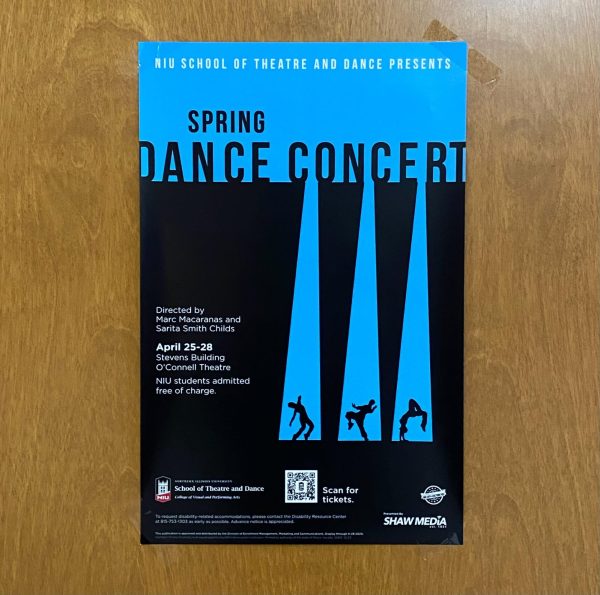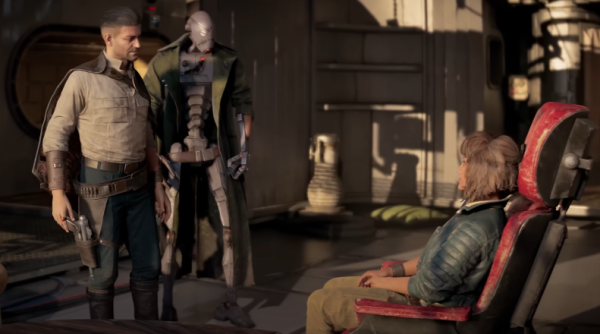Ty Segall drops cover album
October 28, 2018
Garage punk rocker Ty Segall has released another album in 2018. Earlier this year, Segall put out his 10th studio album, “Freedom’s Goblin,” and a collaborative album with White Fence, “Joy.” His third release of 2018, “Fudge Sandwich,” released Oct. 26, is an album comprised of covers from bands who have inspired Segall. The covers range from The Grateful Dead, Funkadelic and John Lennon.
The album kicks off with a cover of War’s “Low Rider,” which is in stark contrast to the original. Segall trades the bouncy, salsa-driven percussion for a slower, more sinister thundering march. The song demonstrates Segall’s approach to classics with a vast difference in sound to let listeners know he isn’t afraid to make recognizable songs his own.
Segall puts on one of his more memorable vocal performances with his take of John Lennon’s “Isolation.” The track has a creeping guitar riff in place of a grand piano, but surprisingly keeps the tone of Lennon’s ballad in tact.
One highlight is “Hit It and Quit It,” a cover of Funkadelic’s 1971 track. The slinky bass line makes for a great distorted lead guitar riff on Segall’s version. The new version is more frantic than the original but stays true to the heart of the groove.
Following that is a cover of The Dils’ song “Class War,” a relatively unknown ’70s punk jam. Segall surprises those familiar with the original by turning distorted power chords into acoustic guitar strumming. The track not only proves the width of Segall’s range of inspirations, but also proves his ability to drastically change the tone and feel of a song.
“Fudge Sandwich” is a testament to Segall’s creative head-space and knack for making frenetic punk rock. Segall’s fanbase isn’t huge, but talking to fans prove their devotion to the artist. Segall is able to rework tunes from classic icons in a way that shouldn’t offend fans of the originals; the songs serve as great alternate takes, as if the artists who made them had much more aggression.














